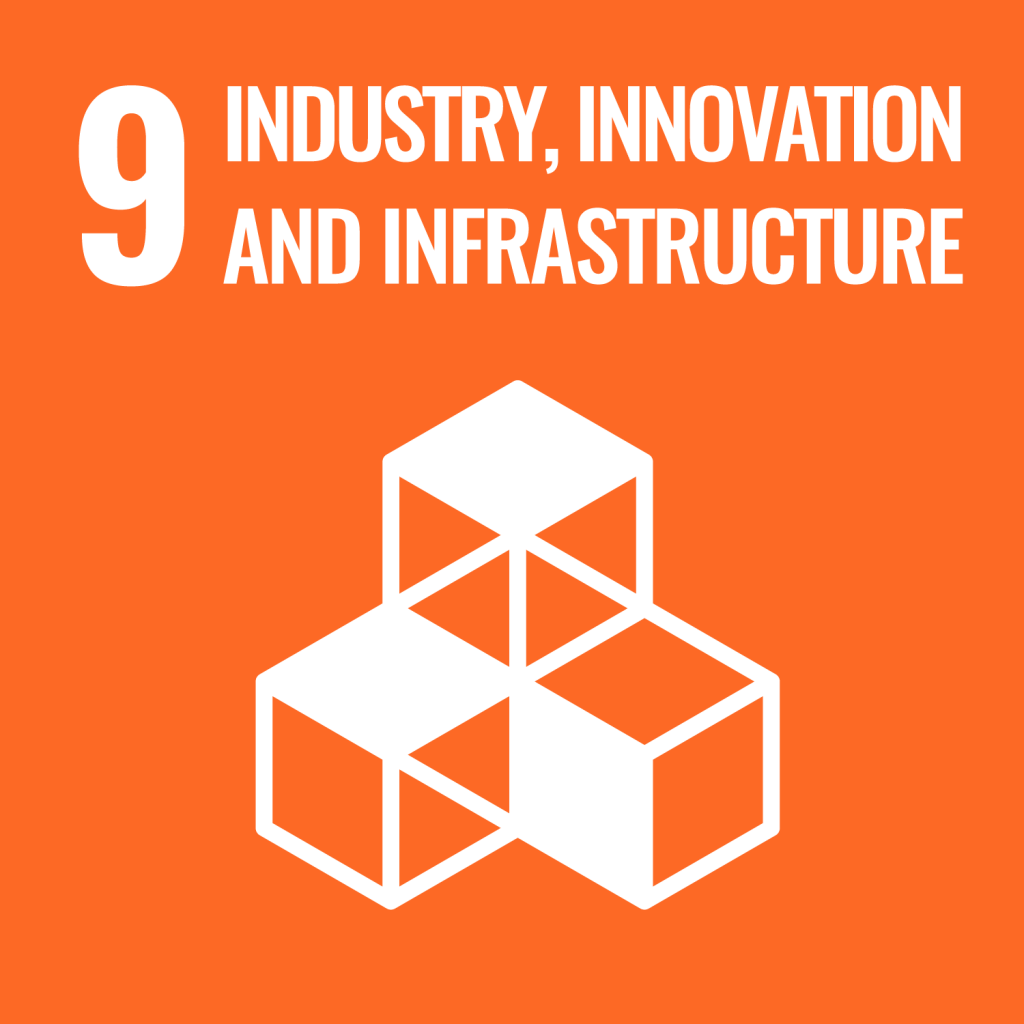Sea to Sky Removal
Micro (1-9)
Service
Construction
Lesson
Testing new sustainability-oriented products or services in partnership with clients can accelerate value creation by crafting operations in alignment with local needs, costs and timelines. The early pilots test can provide insights crucial to developing a robust sustainability-oriented business model and create reputational value by building local capacities of client firms in the delivery of sustainability efforts and help introduce companies to experiment with new ideas, products or services that deliver on the sustainable development goals.
Background
Sea to Sky Removal is a construction waste hauler in the Greater Vancouver Area founded in 2016. They specialize in sustainable construction waste removal by hand sorting and live loading construction waste, with the primary goal of landfill diversion. Sea to Sky Removal also offers on-site educational services for their recycling stations and diversion reports to build client ownership and understanding of environmental impacts. As a leading sustainable waste hauler in the construction industry, they play an important role in advocating for better practices through various associations and memberships.



Sustainability Story
In January 2016, co-founders, Chris Arkell and Cinci Csere were frustrated with the growing waste crisis and lack of true solutions. They founded Sea to Sky Removal and were willing to take any waste sorting job that was available to them. Within a few months they realized their niche was in construction waste. Chris, a former contractor, was familiar and well connected in the industry. This proved beneficial for the success of their business.
Contractors on building sites hire Sea to Sky Removal to sort, load, and haul the site waste to transfer and recycling centers, donation centers and landfills. In October 2016 they realized that they could serve their clients better if they had recycling stations on site to reduce the amount of labour and time spent sorting. They designed and piloted recycling stations on site. With a successful pilot, they launched their recycling stations and a regular service offering. They provide on-site education to ensure they are used effectively. They have been awarded a BC Small Business award for best concept for their recycling stations.
Through their experience, Chris and Cinci have found that there are many common materials that cannot be recycled or reused in any efficient way. A key role they play as a sustainability leader and knowledge holder in the industry is in creating awareness and advocating for consistent regulations amongst municipalities and the ban or redesign of these commonly used materials. They are active members of the Coast Waste Management Association, National Zero Waste Council, the Recycling Council of BC and Built Green Canada. Through these organizations they are disseminating important knowledge regarding harmful materials and advocating for better regulations to address construction waste.
Sea to Sky Removal was approached by the Vancouver Economic Commission in early 2019 to be one of four businesses to take part in a 6-week pilot program to become a B Corp. Through this program they learned about what it was to be a B Corp certified business. Chris and Cinci worked to develop and implement the necessary policies and officially became certified in May 2019.
Over the last 5 years, Sea to Sky Removal has diverted over 3 million pounds of materials from landfill. As experts in their field, they continue to advocate for better, more consistent oversight and make it easier for construction sites to minimize waste and remove it sustainably.
Sea to Sky Removal Practices
| Divert and reuse construction waste | Client training | Advocacy |
|---|---|---|
| Live loading and hand sorting construction waste recycling (plastic, metal, cardboard, drywall, clean wood and waste (single use, contaminated) using on-site recycling stations and offering waste diversion reporting. | Education to clients on their work sites to help them use of recycling. stations | Participate in large speaking events to educate on the issue of construction waste and circular economy advocating for waste diversion practices of all construction sites. |
Pathway Map
Divert & Reuse Construction Waste
View the Pathway MapEnabling Factors for Practices
| Internal to the organization | External to the organization |
|---|---|
| Independent finance model (no third parties) allows the organization to maintain independence and not be put in a position to compromise values for growth | Connection to industry enables the organization to attract business and build a reputation of quality service |
| B Corp policies influence the governance of the organization and decision making | Local community support and wider sustainability culture in the Greater Vancouver Area enable stronger uptake of the business model |
| Hiring employees with shared values increases commitment and reduces turnover | Partnerships and collaboration with local SME’s using the waste for a higher utility purpose (repurpose) enables participation in a circular economy beyond waste diversion and recycling |
Arresting Factors for Practices
| Internal to the organization | External to the organization |
|---|---|
| Actors: Employees/labor not easy to find (hiring). Eco-fatigue of employees and owners makes it harder to retain employees. | Actors: Lack of awareness in the construction industry (builders, developers, and architects) about waste. |
| Resources: Don’t have a physical storage space to hold on to material for re-sale or repurposing, which would be an added fixed expense. | Policies: Inconsistent municipal policy and regulations; international regulations and a lack of an international recycling market; inaccessibility of municipal recycling centers (doesn’t accept commercial waste); taxes and a lack of incentives for sustainability; building codes and local by-laws don’t require waste diversion or limiting material use in construction. |
| COVID-19: Travel restrictions affect ability to grow during the pandemic outside of the region. Transport of employees is also limited by having one employee per vehicle. |
